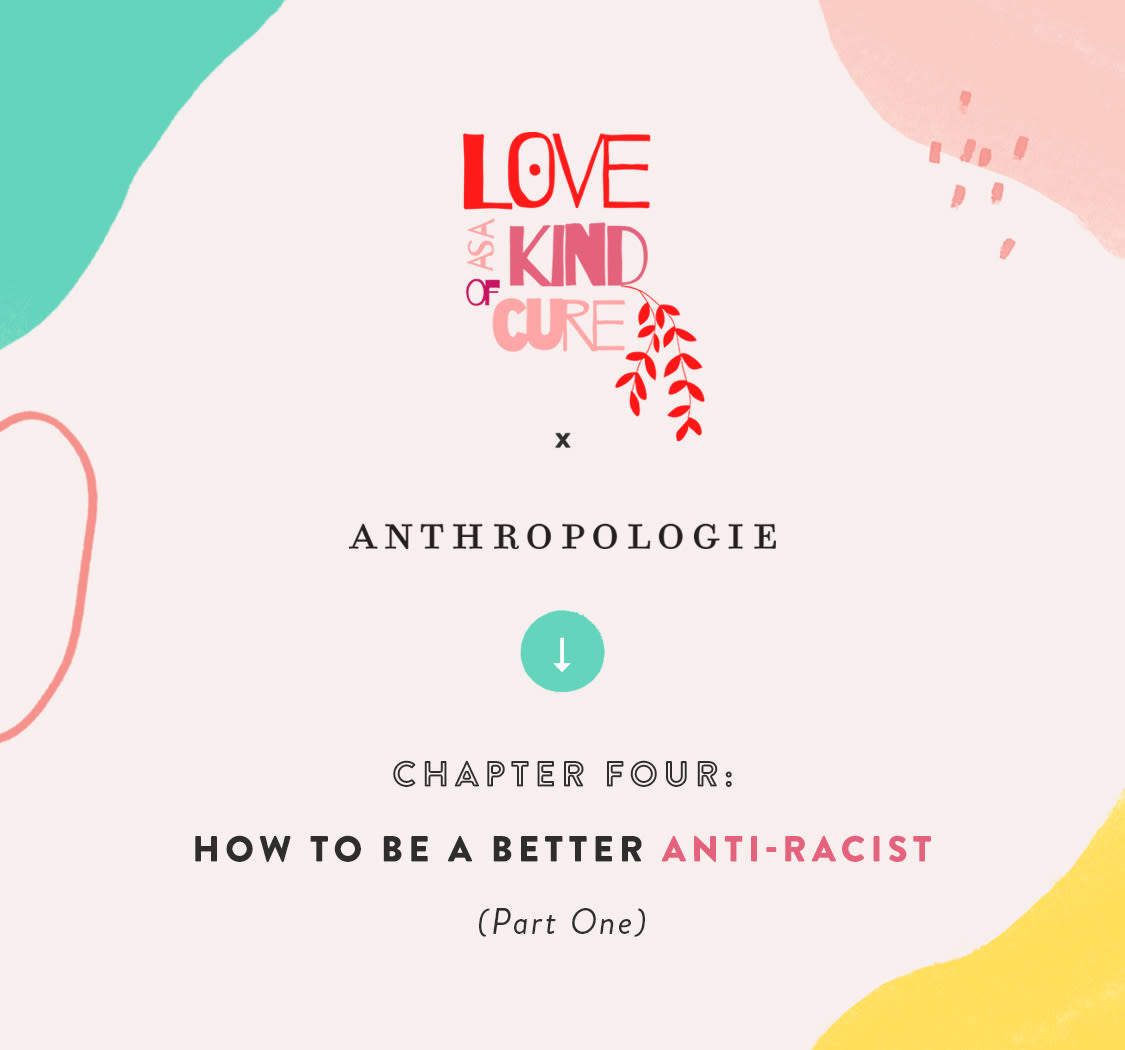Can you provide any suggestions or action items for those who are committed to being better-informed, more thoughtful, and more anti-racist members of society? What can/should white people and primarily white organizations be doing right now to improve their personal and institutional awareness, as well as their approach to activism and communication?
Cleyvis & Magogodi
Understand that “white supremacy is not the shark, it is the water.” If you fully comprehend this metaphor by poet Kyle Tran Myhre, then you understand that to be human on earth in our time means being born into white supremacy, whether you like it or not, whether you’re benefiting from it or not. Knowing this, our attention needs to shift from “fixing” the problem in a scapegoat few, to holistically reimagining every institution, nook, and cranny of our own lives – from work to school to the brands we build and love. The hardest work ahead remains the revolution within. I think the most radical and important work anyone can do right now is to drain their inner system of white supremacy. That takes courage. And for most of us, it will take a lifetime of work. But without this work, all we’re doing is pasting a few fickle band-aids on; we’re “rooting out the bad apples” when the whole orchid is rotten.
And de-escalate your measure of racism. We learned this wisdom from TED Speaker and celebrated South African writer Sisonke Msimang, one of three standout women who blew us away at Freedom Festival’s Fixing Feminism panel. In a culture married to pretending racism is the shark and not in the very water itself, we imagine racism as a final indictment of savagery. By this measure, only the cop who forced his knee into George Floyd’s neck is racist. Only Amy, who called the cops on a black man for daring to ask her to follow park rules by keeping her dog leashed, is racist.
Such extremities make racism a problem over there. And they make white people especially defensive when called out for the more run-of-the-mill kind of racism we experience every day – the kind of racism that runs up our blood levels and shocks our mental health into early heart attacks. If we de-escalate what qualifies as racist, then we may be willing to see racism over here, in our everyday interactions and thoughts: when we inappropriately objectify another human being (“can I touch your hair?”); when we center whiteness (“can I just call you Maggie, that name is so hard); when we gaslight anyone who calls out prejudice (“you know, I was the only white person on my basketball team in college, I didn’t feel like that”); or when we ignore loud voices warning of a politician campaigning on hate, making plain the dog whistles that white supremacists hear (“Oh, I don’t think that’s what it’s about”). De-escalating what qualifies as racist allows anyone to practice anti-racism by examining whether what we do or say legitimizes or calcifies white supremacy.
And de-escalate your measure of racism. We learned this wisdom from TED Speaker and celebrated South African writer Sisonke Msimang, one of three standout women who blew us away at Freedom Festival’s Fixing Feminism panel. In a culture married to pretending racism is the shark and not in the very water itself, we imagine racism as a final indictment of savagery. By this measure, only the cop who forced his knee into George Floyd’s neck is racist. Only Amy, who called the cops on a black man for daring to ask her to follow park rules by keeping her dog leashed, is racist.
Such extremities make racism a problem over there. And they make white people especially defensive when called out for the more run-of-the-mill kind of racism we experience every day – the kind of racism that runs up our blood levels and shocks our mental health into early heart attacks. If we de-escalate what qualifies as racist, then we may be willing to see racism over here, in our everyday interactions and thoughts: when we inappropriately objectify another human being (“can I touch your hair?”); when we center whiteness (“can I just call you Maggie, that name is so hard); when we gaslight anyone who calls out prejudice (“you know, I was the only white person on my basketball team in college, I didn’t feel like that”); or when we ignore loud voices warning of a politician campaigning on hate, making plain the dog whistles that white supremacists hear (“Oh, I don’t think that’s what it’s about”). De-escalating what qualifies as racist allows anyone to practice anti-racism by examining whether what we do or say legitimizes or calcifies white supremacy.
